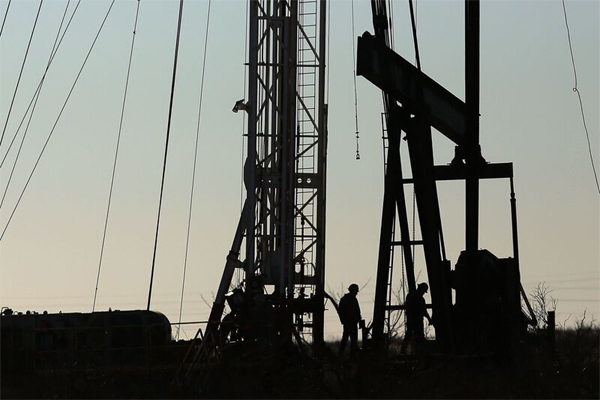- Shale producers don’t plan to open the taps despite President Biden’s protestations.

Kevin Crowley
HOUSTON
EnergiesNet.com 04 05 2023
OPEC+’s shock decision to cut output, which drove up oil prices earlier this week, may have upset some people in Washington. But the reaction in Texas appears remarkably sanguine. Indeed, shale industry executives are pledging not to ramp up their own production in response.
“There’s not a coordinated response that comes out of here,” said Brendan McCracken, chief executive officer of Permian Basin producer Ovintiv Inc.
That stance crystallizes the detente between the cartel and the biggest disruptive force in global oil markets over the past decade, and underscores how OPEC and its allies have regained power over crude prices.
It was only back in 2018 that the US added 1.92 million barrels a day to the world’s oil supply, equivalent to the combined production of OPEC members Algeria and Venezuela.
That was the biggest-ever annual increase from a single country, according to S&P Global. At the time, West Texas Intermediate averaged $65 a barrel.

Last year, America added just 300,000 barrels, but prices averaged $94. Shale producers’ free cash flow exploded to a record above $81 billion, enough to recoup years of losses. Production discipline appears to work just fine for shareholders, if not for a White House worried about inflation.
This year, analysts are pegging US growth at 500,000 barrels a day. That’s a substantial volume, but less than half the amount OPEC+ leaders cut at a single stroke last weekend, and certainly not enough to upset the cartel.
The idea that Riyadh has allies in Texas may come as a surprise to anyone who watched the savage battles for market share in the 2010s. Shale’s relentless rise prompted OPEC to crash oil prices in 2014.
But now both sides appear to be at ease with the new profits-over-production formula — despite President Joe Biden’s protestations.
—Kevin Crowley, Senior Reporter
bloomberg.com 04 05 2023











